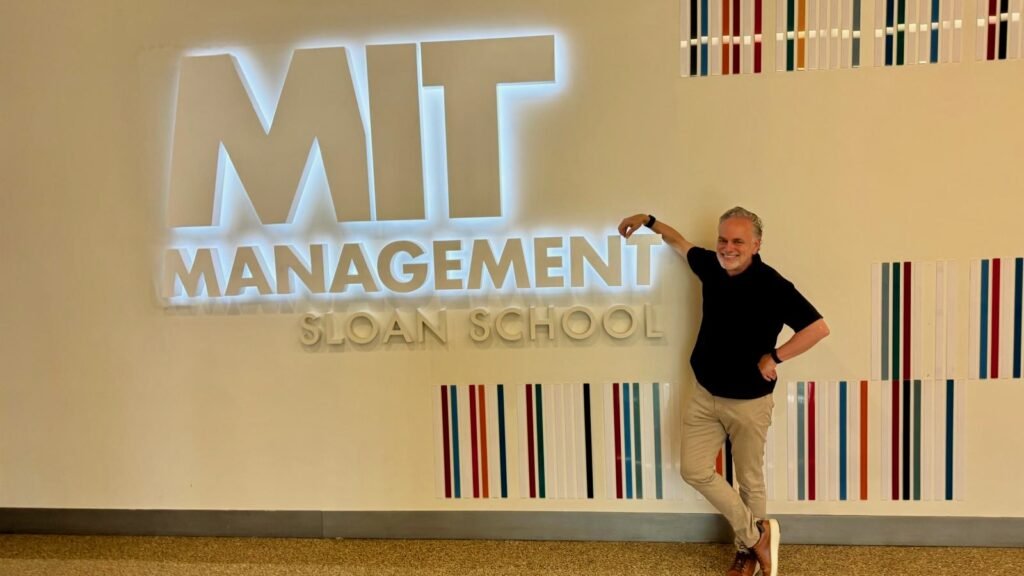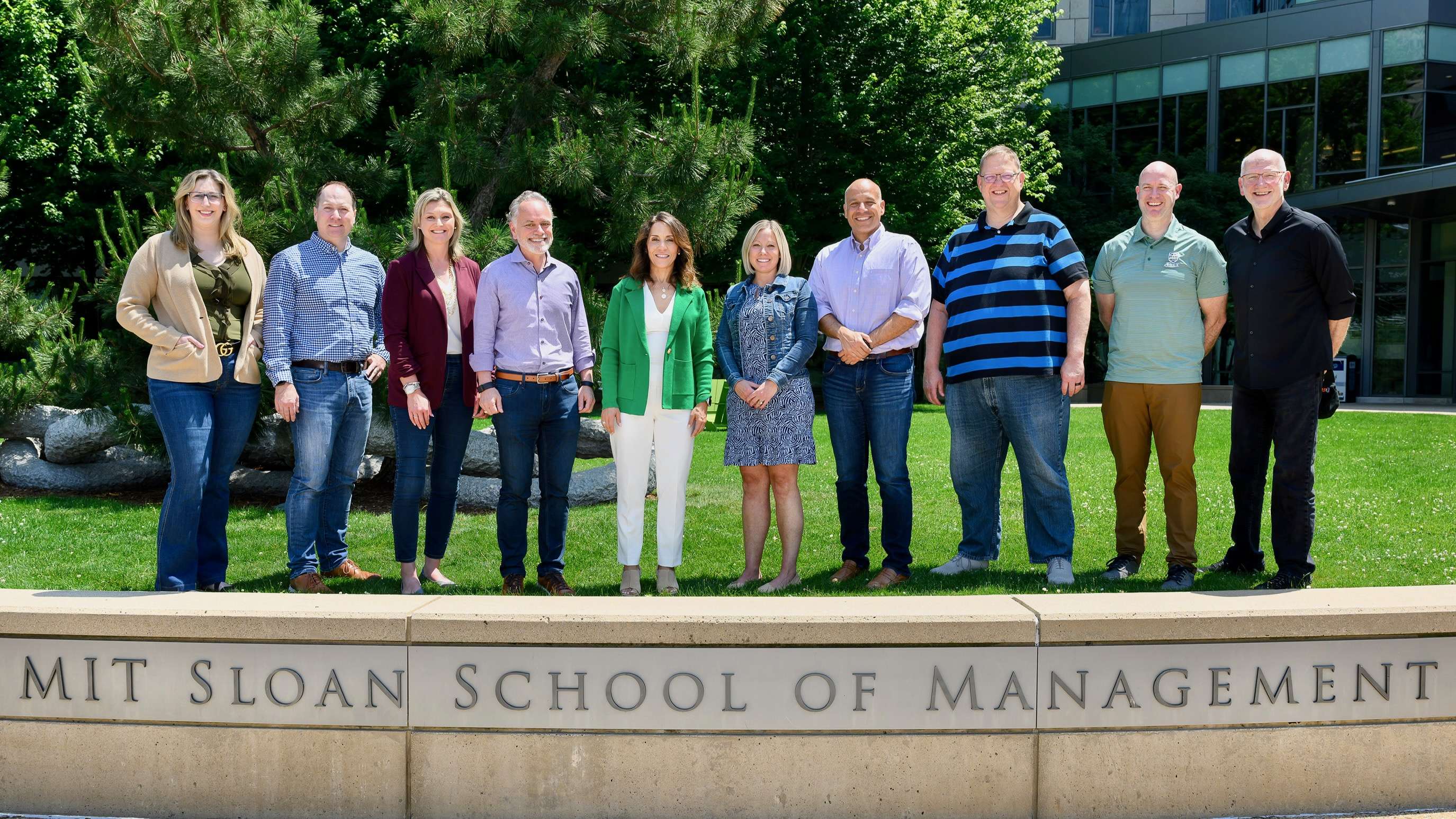Last month, the SpartanNash Executive Leadership Team and I had the privilege of going “back to school” to the MIT Sloan School of Management to learn about disruptive innovation. For two days in Boston, the team and I participated in Hal Gregersen’s disruptive innovation course. You may recognize Gregersen from his books, Questions are the Answer and The Innovator’s DNA.
The program helped us explore how problem-led leadership will help our team innovate in an exponentially changing world. And much more important than finding the right answer, we focused on the critical task of asking the right questions. We all know how much effective leaders must get comfortable asking and receiving uncomfortable questions if they really want to discover the best solutions. This excites me!
Two key parts of the training program inspired me in particular. The first comes from an observation by Nobel laureate Elie Wiesel. “In the word question,” Wiesel noted, “there is a beautiful word: quest. I love that word.” Wiesel and Gregersen both suggest that disruptive innovation comes not just from finding the right answers as much as by asking the right questions. The moment we have the right answers, dialogue stops. Each project, meeting and interaction should indeed be a quest to reframe problems by asking provocative and disruptive questions. Gregersen tells us that it is questioning that serves as the creative catalyst for other notable discovery behaviors like observing, networking, experimenting and associating.
So, what is stopping us from asking these questions? According to Gregersen, the two great inhibitors are (1) not wanting to look stupid and (2) trying to avoid being seen as uncooperative or disagreeable. I promise you, there are ways to ask even the most provocative questions without looking like either one of those things. Where would we be today if certain history-changing questions hadn’t been asked. For example, “How do we get to the moon?*” Or what about, “Can we store enough energy in a battery to drive a car?” Where would we be if doers and creators had been too shy to ask big, important questions?
The other area of this training program that I found particularly intriguing was the concept of innovating in an exponentially changing world. It’s difficult to conceive what our future can be because it’s hard to wrap our minds around how technology will change the ways we work and what’s possible. What will productivity look like when AI-automated, generative processing is a thousand times better than it is today?
Gregersen challenged our team to think about our long-term pursuits as a company. He referenced this quote from Amazon founder and executive chairman Jeff Bezos:
If everything you do needs to work on a three-year time horizon, then you’re competing against a lot of people. But if you’re willing to invest on a seven-year time horizon, you’re now competing against a fraction of those people…. Just by lengthening the time horizon, you can engage in endeavors that you could never otherwise pursue.
There’s so much to unpack here, but it’s both energizing and incredibly difficult to commit to thinking so far into the future while managing the tension of the short-term problems we are grappling with right now.
What is your lengthiest time horizon you are working on right now? In Boston and back in Grand Rapids, I challenged myself and my team to devote more time and thinking to long-term projects because they will likely be the ones making the most disruption and impact in the years ahead.
These reflections are just a drop in the bucket of our learnings that week. I would encourage you to read up on Gregersen’s disruptive innovation and apply some of his teachings to your own practice. Thank you to Hal and to our SpartanNash team for making this trip such a memorable learning experience!

* Still celebrating the 55th anniversary of the first lunar landing – July 20, 1969.
